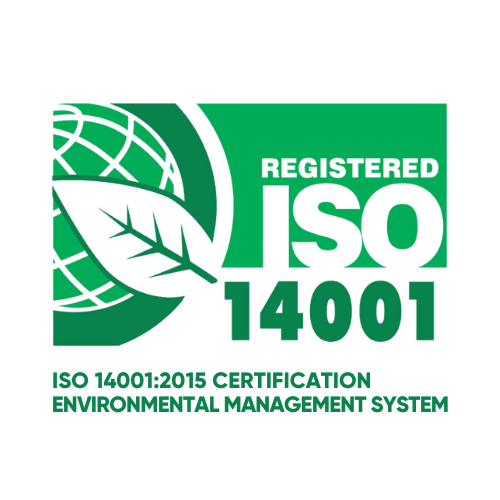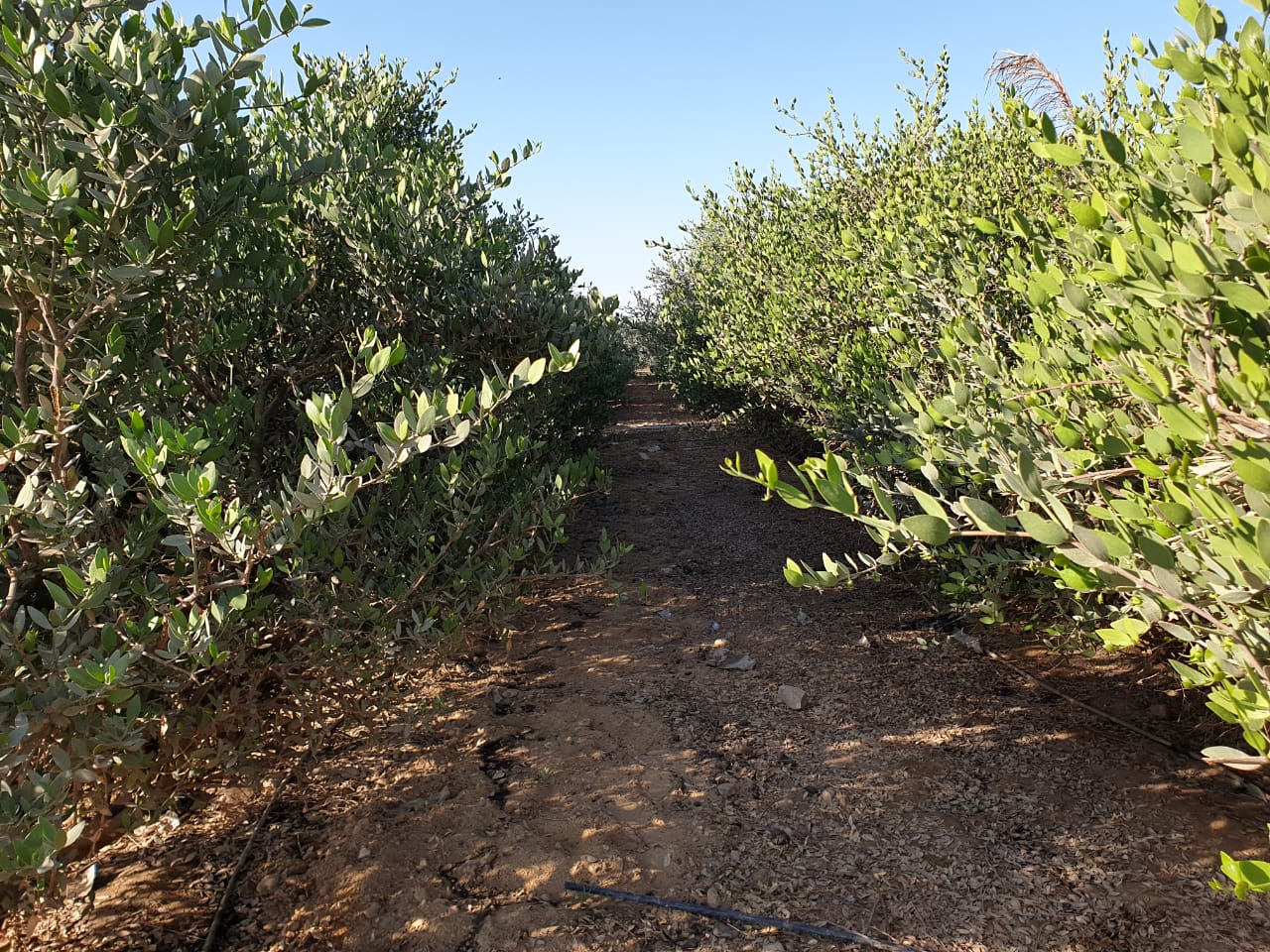Industrial Wastewater-Irrigated Jojoba Cultivation Project in Asyut Governorate
This project highlights the successful reclamation and cultivation of 22 acres of land using treated industrial wastewater in Asyut Governorate, Egypt. The project demonstrates the feasibility of utilizing industrial wastewater for agricultural purposes, promoting sustainable water management and resource utilization.
Key Points:
- Land Reclamation and Irrigation: The project effectively reclaimed 22 acres of land and utilized treated industrial wastewater for irrigation.
- Jojoba Cultivation: Jojoba plants were successfully cultivated on the reclaimed land, with each acre yielding approximately 1,750 kilograms of jojoba beans.
- Mature Jojoba Shrubs: The jojoba shrubs in the project are over 10 years old, indicating long-term sustainability and productivity.
- High-Quality Jojoba Varieties: Three superior jojoba varieties were developed and registered with the Egyptian Ministry of Agriculture and Land Reclamation, demonstrating the project’s contribution to agricultural innovation.
Significance of the Project:
This project holds significant value in the context of sustainable agriculture and resource management:
- Water Conservation: Utilizing treated industrial wastewater for irrigation reduces reliance on freshwater resources, alleviating water scarcity concerns.
- Land Utilization: Reclaiming and cultivating marginal land expands the area available for agricultural production.
- Jojoba Production: Jojoba beans are a valuable source of jojoba oil, which has various industrial and medicinal applications.
- Agricultural Innovation: Developing and registering high-quality jojoba varieties contributes to agricultural advancement and crop improvement.
Overall, the project demonstrates the potential of industrial wastewater-irrigated jojoba cultivation as a sustainable and productive agricultural practice. It showcases a promising approach to address water scarcity, utilize waste resources, and produce valuable agricultural products.



